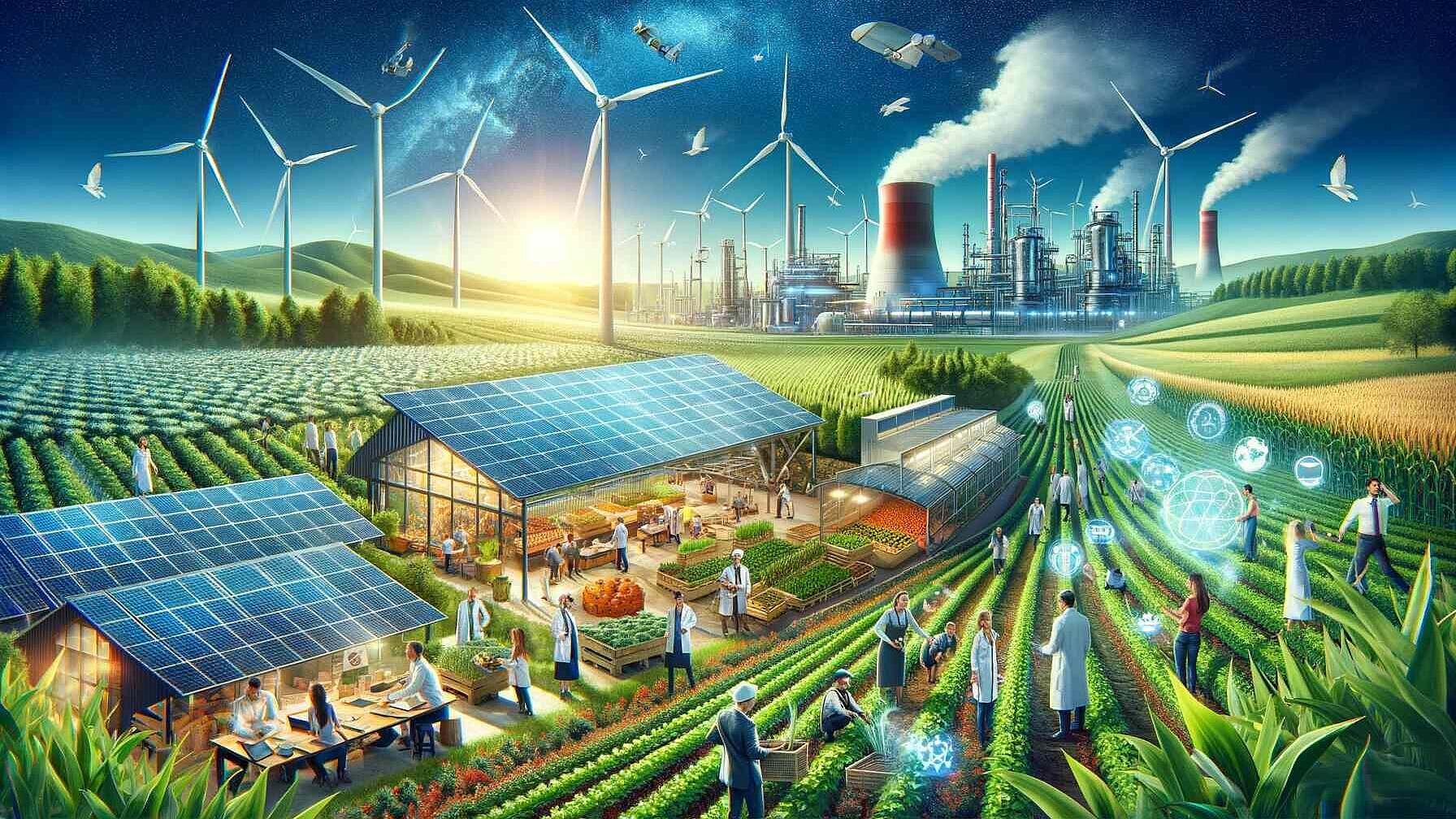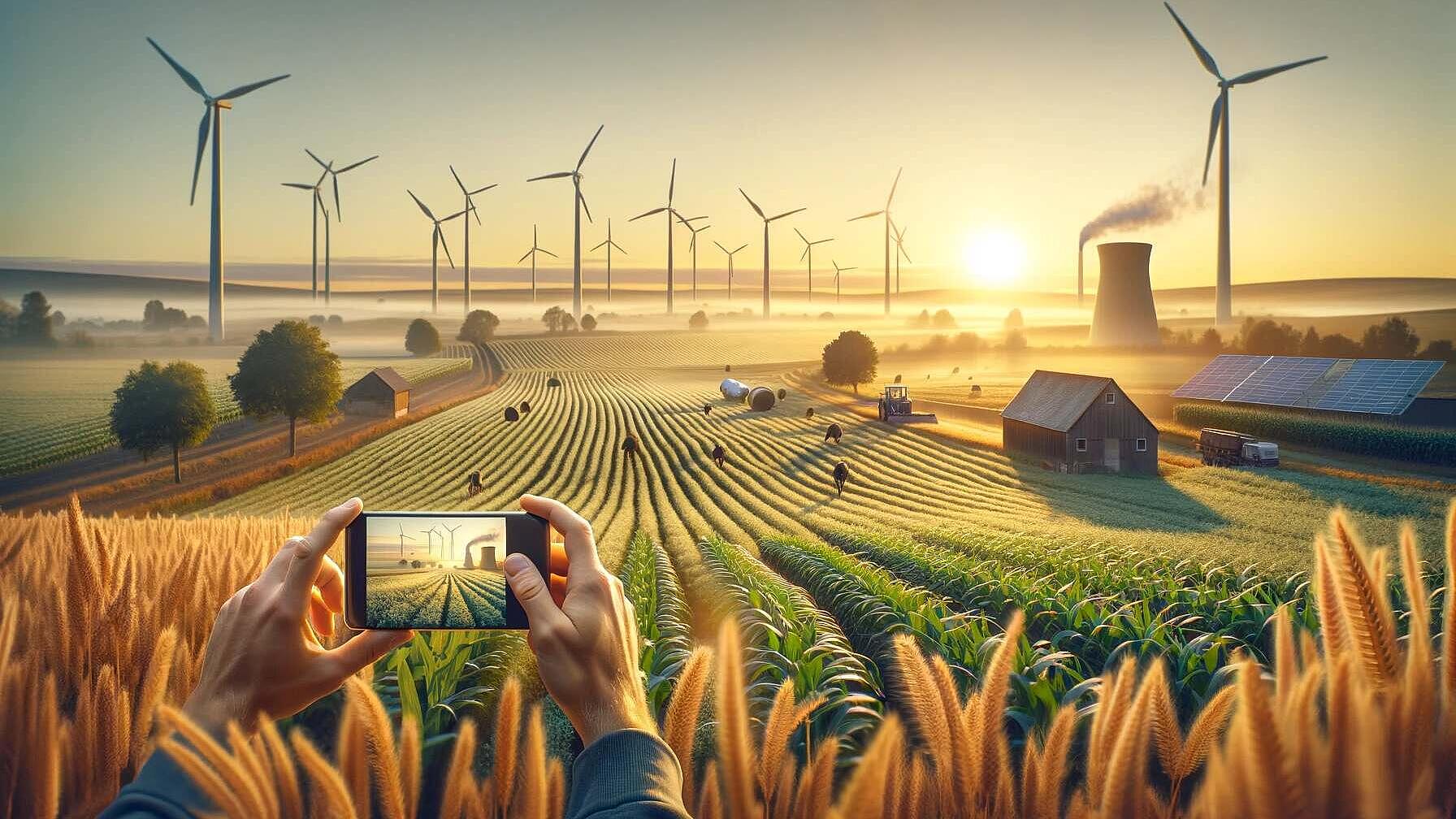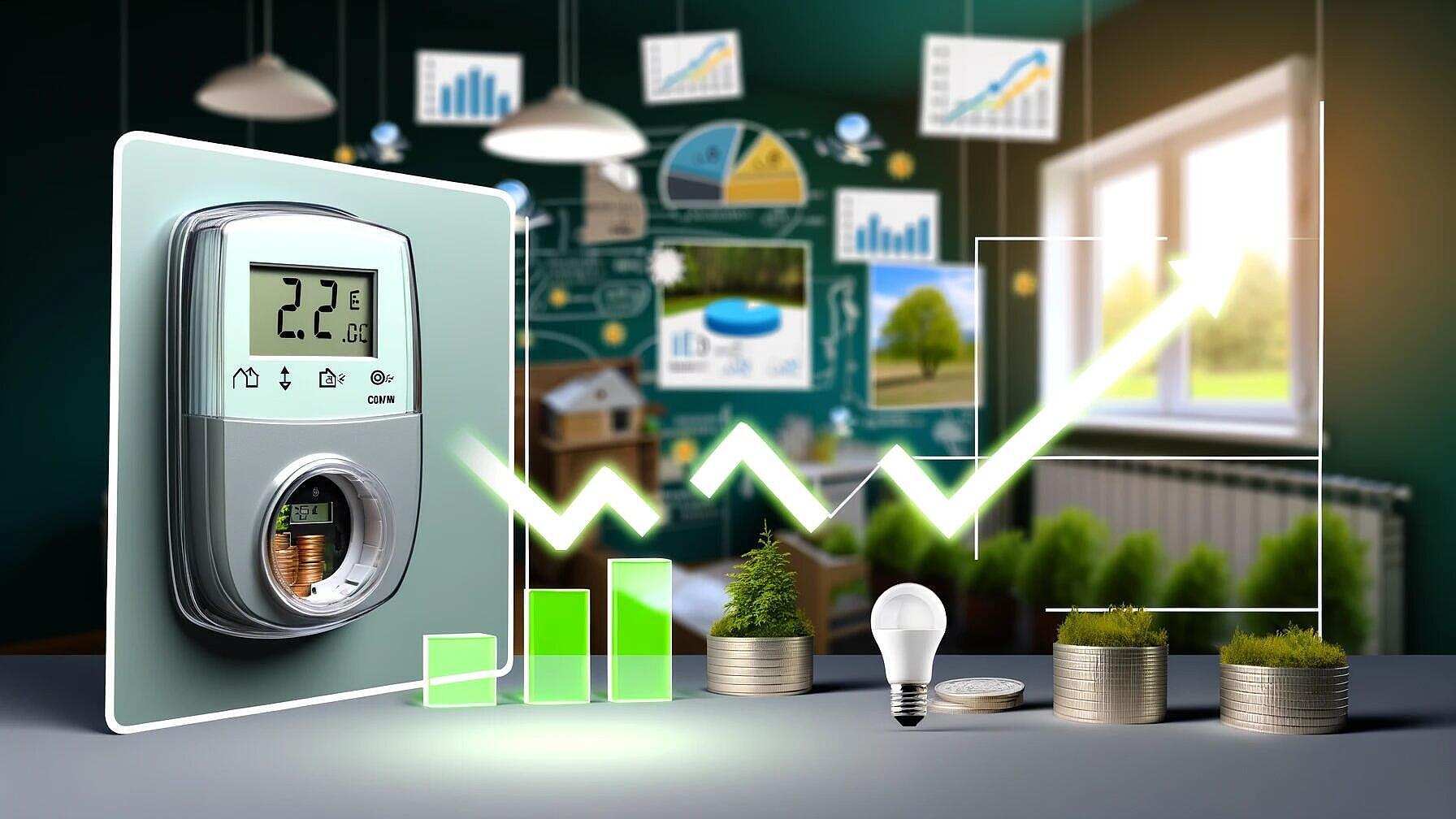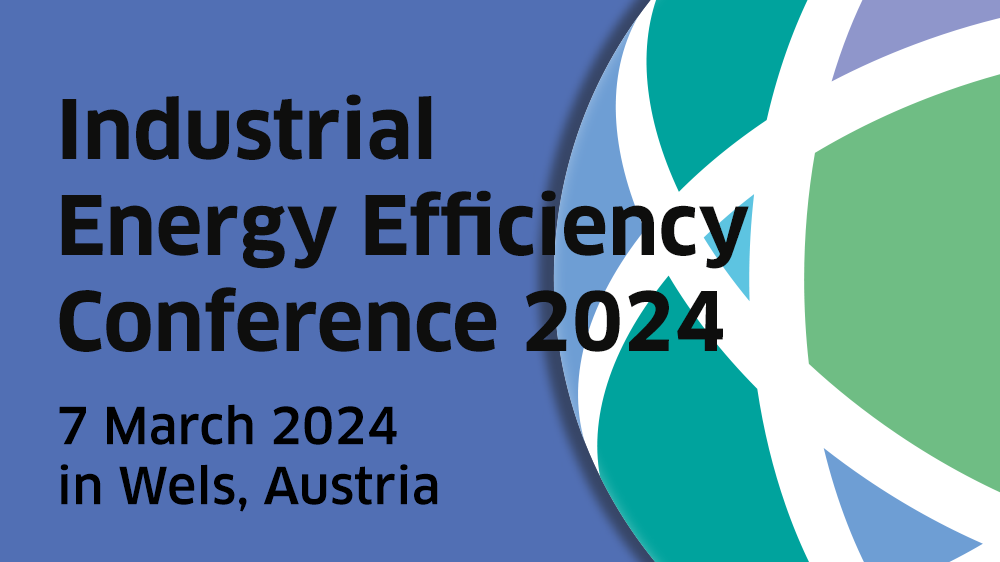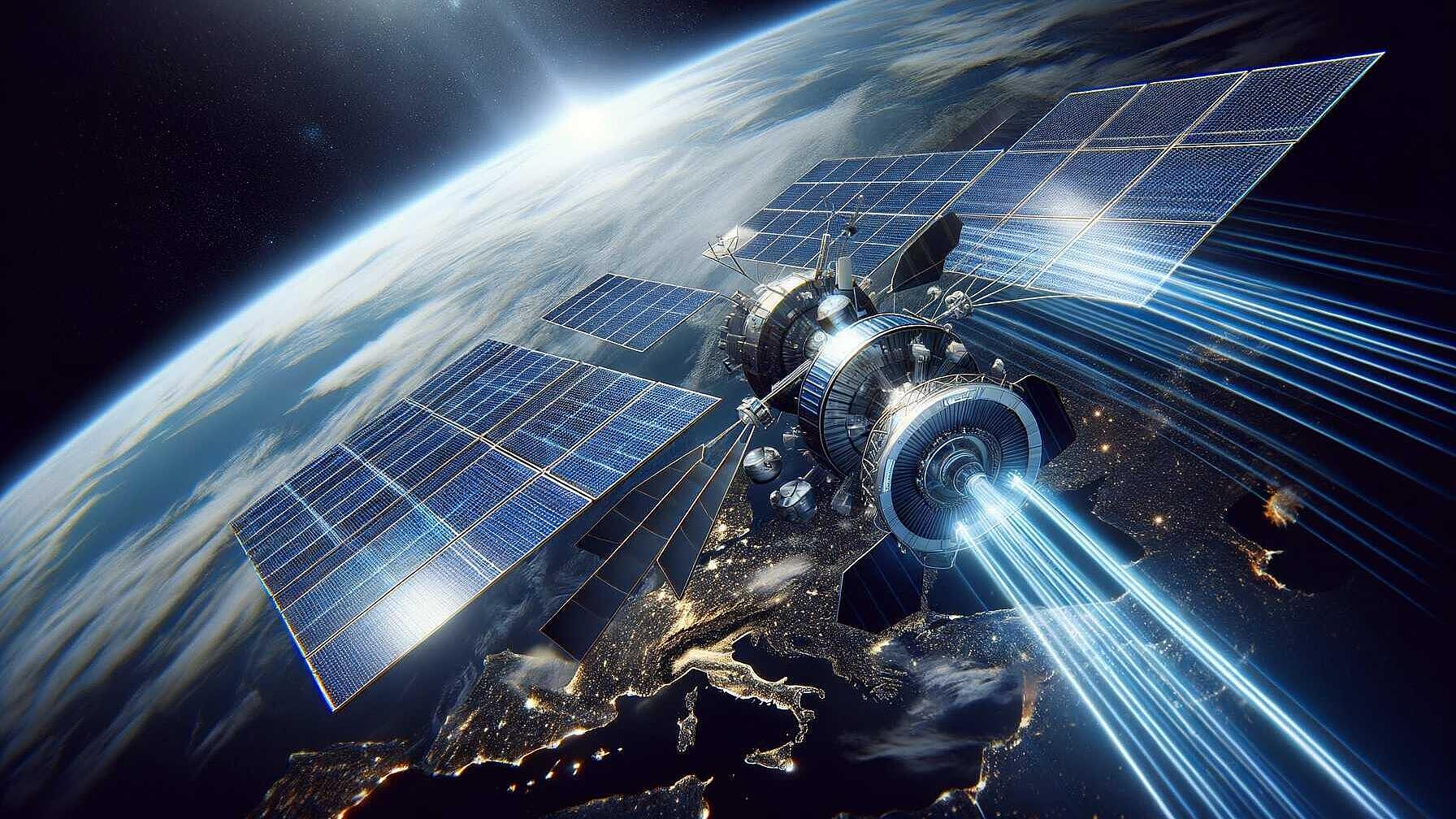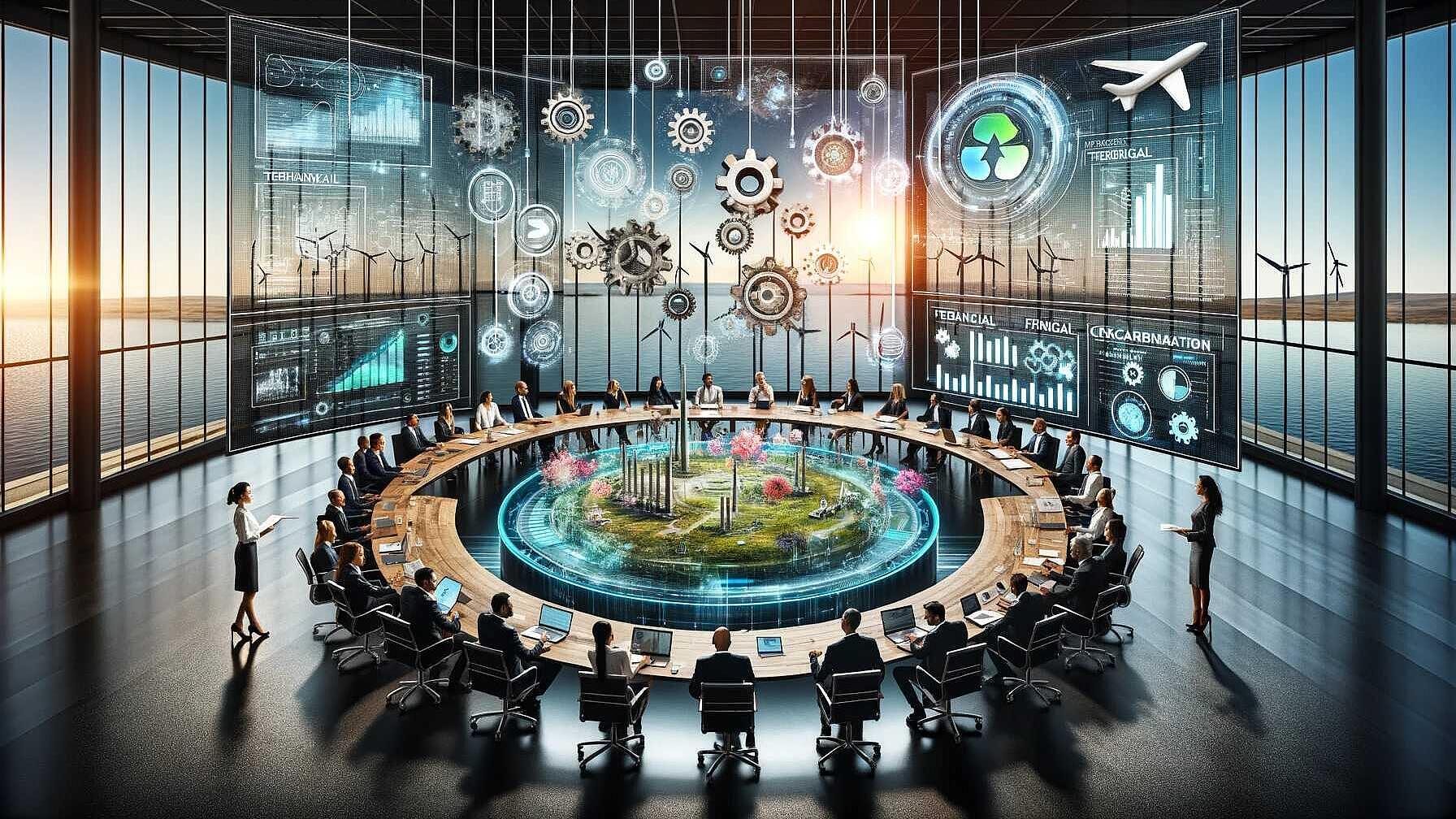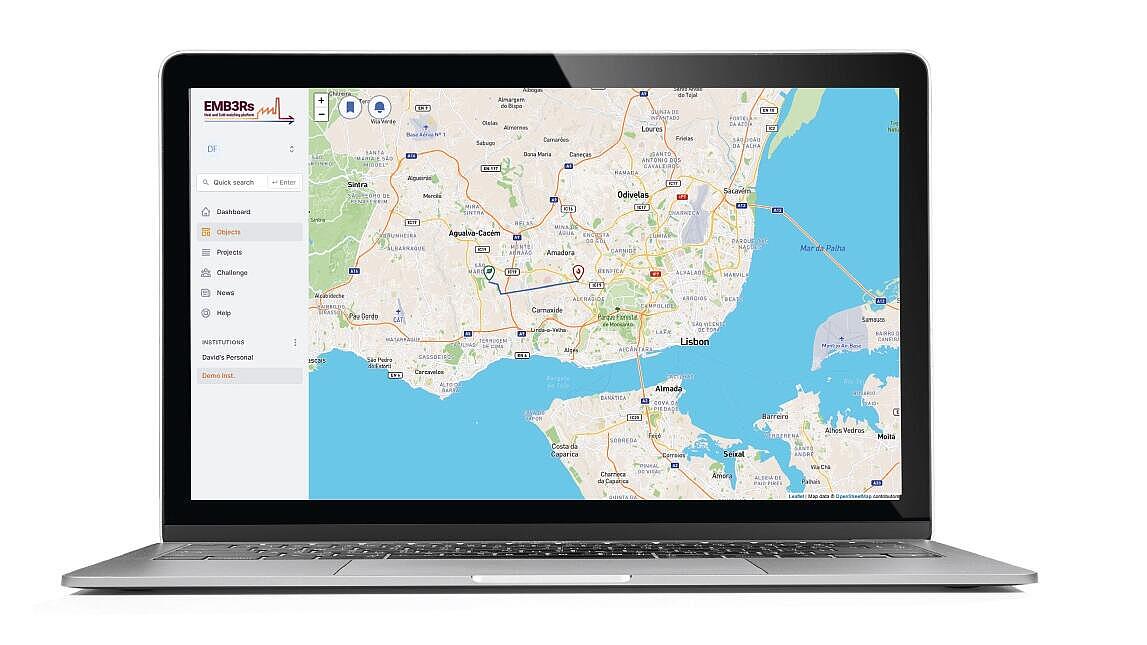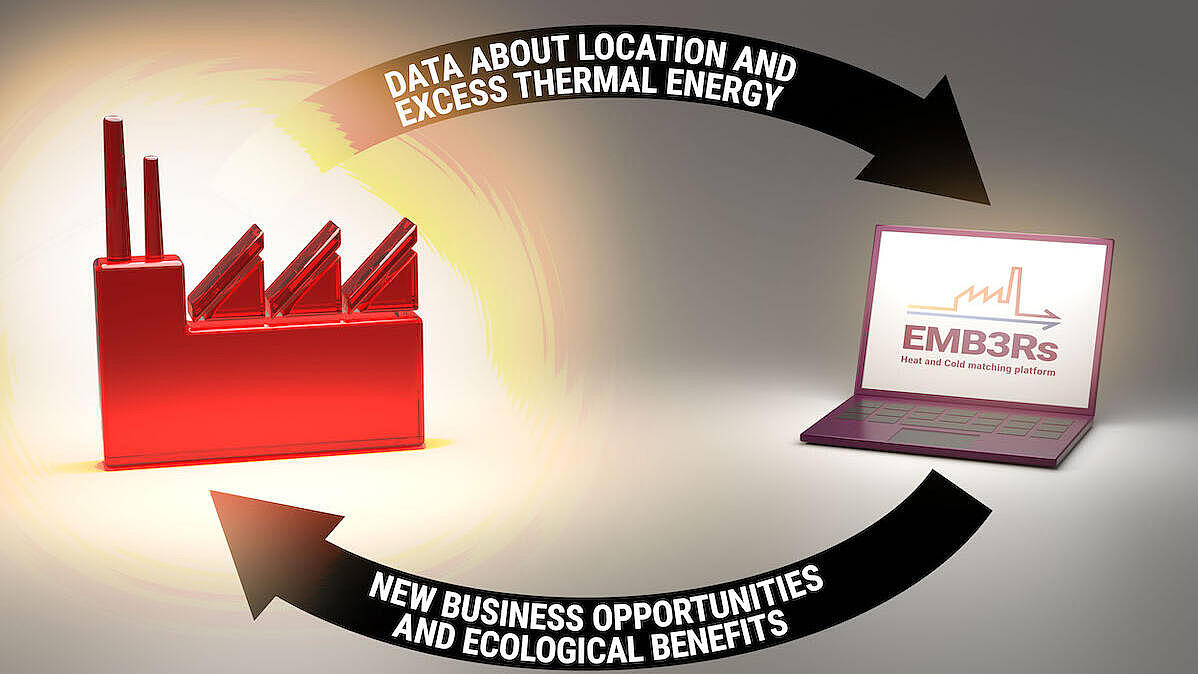 Renewable Energy
Renewable EnergyRenewable Energy
FUN STORY: The EENOVA project, Energy Efficiency in regioNal fOod processing Value chains, was an initiative aimed at improving energy efficiency in the food processing industry of Foodville across five different regions. Led by the eccentric Benny the Baker, the project gathered stakeholders from various sectors, including bakery, meat, water and soft drinks, winery, and dairy, to collectively address energy consumption. Through a series of roundtables, the team conducted energy audits, developed strategies for energy saving, and crafted policy recommendations in collaboration with regional hubs. Their approach blended humor with practical solutions, such as upgrading equipment, adopting energy-efficient technologies, and optimizing energy management practices. The project's outcomes were significant; for example, a bakery in Upper Austria implemented solar panels, leading to substantial energy savings, while a Romanian meat processor reduced its carbon footprint by integrating energy-efficient machinery. Additionally, EENOVA emphasized knowledge sharing and capacity building on energy efficiency for non-experts through engaging workshops. EENOVA's legacy extended beyond the project's end, ensuring enduring impact through the use of humorous communication methods, such as cartoons and comics, to convey best practices. The project also devised benchmarks and monitoring systems to support policies. This innovative project demonstrated that energy efficiency is not only beneficial to the environment but also enhances business competitiveness.
Leer Artigo completoTransforming the Global Food Sector: A Path to Energy-Smart Practices
The FAO 2011 paper advocates for an energy-smart food system to enhance sustainability, reduce GHG emissions, and improve food security by boosting energy efficiency and integrating renewable energies across the food supply chain, while providing policy recommendations and calling for international cooperation.
Leer Artigo completoFeeding the Future: Navigating Europe's Journey to Sustainability
The "From Farm to Fork" strategy under the European Green Deal sets ambitious targets like reducing pesticides, increasing organic farming, and halving food waste by 2030. It emphasizes environmental health and economic benefits, advocating technological innovation and stronger global partnerships for sustainable food systems.
Leer Artigo completoThe RetroMeter project: using metered energy savings to make energy efficiency more investable
This article discusses institutional investors' perspective on energy efficiency and how metered efficiency could spur investment. It addresses financial institutions' growing interest in energy efficiency due to market potential, risk mitigation, carbon emission reduction, and regulatory pressure. Barriers like small project scale, heterogeneity, data scarcity, and performance risk inhibit investment. The concept of metered efficiency, akin to Power Purchase Agreements, is presented as a solution to align payment with actual energy savings, enhancing investability and quality assurance in energy efficiency projects.
Leer Artigo completoWSED 2024: Energy Efficiency now – fast, smart, resilient!
The European Energy Efficiency Conference in Wels, Austria, from 6-7 March 2024, emphasizes urgent implementation of energy efficiency measures in response to fluctuating prices, geopolitical instability, and climate crisis. It addresses new EU targets, energy efficiency market demands, and showcases the EENOVA and DEESME EU projects. Over 60 speakers will cover policies, markets, financing, e-mobility, and industrial decarbonization. The event includes a tradeshow and opportunities for peer exchange and networking.
Leer Artigo completoSpace-Based Solar Energy: Harnessing the Sun's Power from Orbit
Space-based solar energy (SBSE) overcomes terrestrial solar power limitations, offering continuous, efficient energy. Despite high costs and ecological concerns, advances in technology and interest from ESA and CALTECH's SSPD indicate its promising potential for sustainable energy.
Leer Artigo completoGetting to grips with the complexities of industrial decarbonisation using soft systems
The article discusses the application of the soft systems model to industrial decarbonisation, emphasizing 'contextual evaluation'. This approach examines how decarbonisation measures align with an organization's broader policies and strategies. It involves assessing technical, financial, and contextual aspects to generate new ideas and requires thinking beyond conventional energy management boundaries.
Leer Artigo completoAn Uber for heat: How a new platform can help industries reuse excess heat and meet decarbonisation goals
Mafalda Silva is a Senior Researcher at the Institute of Science and Innovation in Mechanical and Industrial Engineering. She has participated and managed multiple projects concerning energy planning and sustainability. Silva has developed a heat and cold matching platform that determines the costs and benefits related to excess heat utilization routes for the industry and end users.
Leer Artigo completo‘Uber’-like platform to match heat supply and demand released
Until now, there was no efficient way for industries generating excess heat to provide it to nearby users who need it. Now the EMB3Rs platform, a tool that matches thermal energy sources with potential demand, offers an effective way for these heat sources and sinks to find each other.
Leer Artigo completoVideo relased: A platform to calculate energy recovery options
The final video about EMB3Rs heat and cold matching platform has been released. It features the different application options for the platform. Discover four case studies in Portugal and Greece, take a visit at the platform developers office and listen to what the coordinator.
Leer Artigo completo
